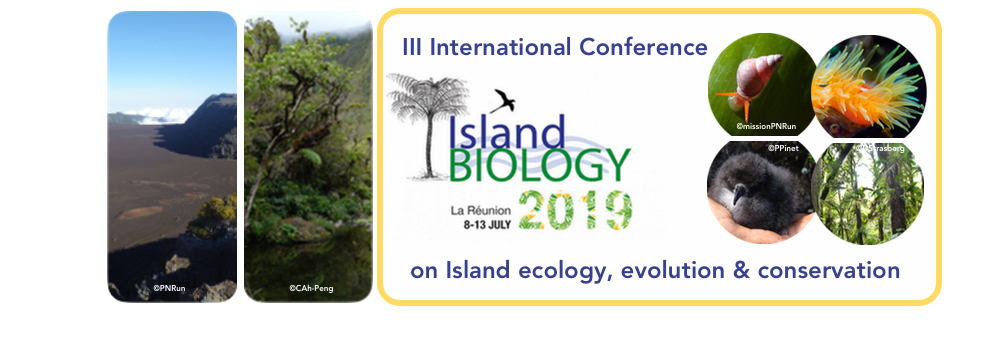Published information on frugivory and seed dispersal on islands is widespread, patchy, and heterogeneous among the topics and islands concerned. A systematic literature search on islands was performed using Internet scientific search engines. To the best of our knowledge, this is the first review carried out at a global scale, covering frugivory and seed dispersal on islands. About 450 contributions were retrieved, with most of the knowledge focused on New Zealand (large area), the Canaries and Puerto Rico, which were the better-studied islands. They were very few studies in Pacific archipelagos near Asia and Australia, and in the Indian Ocean. Most studies were carried out during the present century, especially during the last decade. Island ecosystems are comparatively simple, so they are ideal for developing and testing interesting and original ecological and evolutionary hypotheses. Perhaps, more in-depth studies concerning seed dispersal effectiveness, non-standard mechanisms of dispersal, or complete ecological networks are more feasible on an island setting, and particularly oceanic islands, than in a more complex continental environment. In addition, comparisons among archipelagos offer opportunities for development of general theories. Indeed, the typical low biodiversity, high endemicity, and ecological simplicity of oceanic islands is a most valuable advantage. From a conservation perspective, data from the IUCN, shows that most reported extinctions in the past 500 years have occurred on islands, both for vertebrates and plants. The same pattern is found when considering only those extinctions caused by introduced alien species, one of the greatest threats to the biota of isolated territories. Therefore, it is vital to know both how native systems work and at the same time to evaluate how alien species affect native interaction networks, altering the natural order of interactions. This information is essential to halt biodiversity loss and to guide restoration efforts on islands.

|
|
|
|
A global review of frugivory and seed dispersal on islands
1 : Spanish National Research Council
(IPNA-CSIC)
Astrofisico Fco. Sanchez 3, 38206 La Laguna, Tenerife, Canary Islands, Spain -
Spain
2 : School of Natural Sciences and Engineering / National Institute of Advanced Studies
Bangalore -
India
3 : Department of Biology
Penn State University -
United States
4 : Moa's Ark Research
Wellington -
New Zealand
5 : Biological Sciences
University of Canterbury, Christchurch -
New Zealand
6 : Lancare Research
Lincoln -
New Zealand
7 : Spanish National Reseach Council
(IMEDEA-CSIC)
Institut Mediterrani d'Estaudis Avançats (IMEDEA-CSIC), Balearic Islands, SPAIN -
Spain
8 : Spanish National Reseach Council
(IPNA-CSIC)
Francisco Sanchez 3, 38206 La Laguna, Tenerife, Canary Islands, Spain -
Spain
9 : Centre for Functional Ecology, Department of Life Sciences, University of Coimbra
10 : Okinawa College / National Institute of Technology
Okinawa -
Japan
11 : Center for Environmental Biology and Ecosystem Studies, National Institute for Environmental Studies, JAPAN
Center for Environmental Biology and Ecosystem Studies, National Institute for Environmental Studies -
Japan
12 : Department of Botany
* : Corresponding author
University of Hawaii -
United States
|
| Online user: 61 | RSS Feed |

|
 PDF version
PDF version